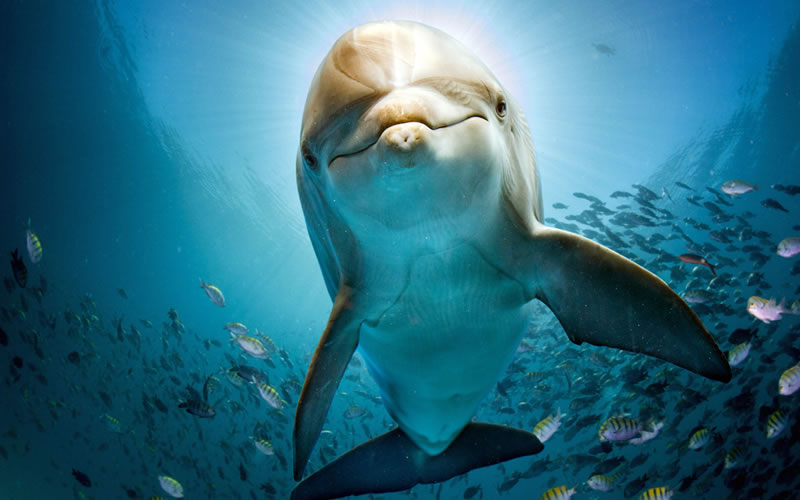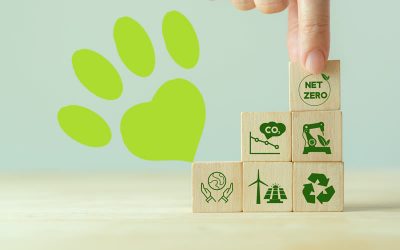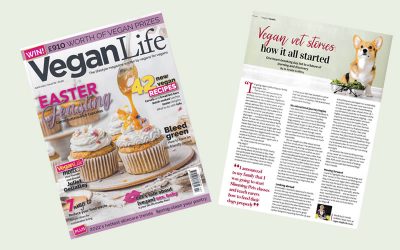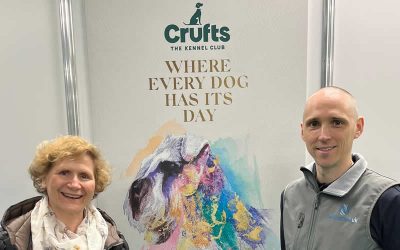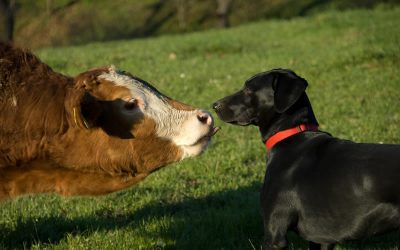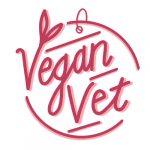Researchers in Scotland have discovered that the brains of stranded dolphins show the classic markers of Alzheimer’s disease in humans.
The study, published in the European Journal of Neuroscience, was conducted by the University of Glasgow in collaboration with the Universities of St Andrews and Edinburgh and the Moredon Research Institute.
Scientists believe their results could confirm the ‘sick leader’ hypothesis, by which an otherwise healthy animal pod finds itself in dangerously shallow waters following the loss of a group leader that may have become confused.
In the study, researchers analysed the brains of 22 dolphins that had been stranded in the coastal waters of Scotland, four of the five dolphin species showed some brain alterations associated with human Alzheimer’s disease.
In particular, three species had amyloid-beta plaques and several other dementia-related pathologies in their brains, suggesting that some dolphin species develop Alzheimer’s-like neuropathology. Dr Mark Dagleish from the University of Glasgow and lead researcher, said: “These are significant findings that show, for the first time, that the brain pathology in stranded odontocetes (dolphins) is similar to the brains of humans affected by clinical Alzheimer’s disease.”
Read full article here published in MRCVS January 2023
What does this have to do with pet food?
The common denominator that we have with mammalian dolphins and humans, is the eating of fish! It is known that fish contains levels of arsenic from the ocean which can bioaccumulate as these fish are eaten by mammals. The studies of the affected dolphins showed that in particular, three species had amyloid-beta plaques and several other dementia-related pathologies in their brains.
A quick Google search shows that arsenic exposure causes these ‘amyloid-beta plaques’ to develop so there should be research into the eating of any fish foods or use of fish oils and the development of Alzheimers in humans and age related dementia in our pets.
It doesn’t stop with arsenic that bioaccumulates in one species and gets stronger when eaten by another species. This article shows the effect of all the dangerous heavy metals and how they bioaccumulate in the organs of feedlot animals….the very organs that are used in the pet food industry!
Fish has been used as a protein and fat source in pet food and continues to be used when we know that dogs and cats are land mammals that would never normally choose to catch fish if left to fend alone in the wild – especially cats who are originally desert animals. There really should be a complete ban on the use of fish of any sort in pet food…especially if fish are known to be carriers of not only arsenic but also heavy metals such as lead and mercury that bioaccumulate in the tissues of pets fed these foods.
Read here about the presence of arsenic in pet food mentioning fish in particular as a real hazard.
Yet again, even more reason to only eat plant-based natural pure foods – for us and our pets!
“As a vet, I believe in a kinder, healthier way to feed our pets that does no damage to our environment, harms no animals and uses fresh, healthy plant-based ingredients for a balanced and delicious diet”
Arielle Vegan Vet
“If nobody changes then nothing changes but if somebody changes then everything changes!”
Arielle Vegan Vet

Fontaine was promised salmon and rice!
Always check dog food labels as the food only contained 5% salmon while vegan dog food contains 100% nutritious plants!
Arielle at the Zero Waste Shop
Lucy gives us such enormous hope for the future with everything that she is doing!
The first published proof of the benefits of plant-based in working dogs
All dogs remained in excellent physical condition with normal blood results throughout with no signs of anaemia at all!
Royal Canin, Mars, Purina and Vegan Dog Food
Royal Canin aims to be carbon neutral by 2025 and Mars and Purina invest in vegan dog food
Vet Stories in Vegan Life
Although I am an introvert and a very private person I do feel that my message I have to spread is so important so I’m happy to share my story as a vegan vet in the April issue of Vegan Life 2022
Vegan Vet Visits Crufts
I felt completely overwhelmed by the injustice of what I saw which left me reeling with anger
The realities of puppy farming
Perhaps you were one of the owners who bought a puppy in desperation during lockdown – you maybe had your heart set on having a Cockapoo puppy in your home
IBD and a vegan dog food diet
We import Green Crunch and Greta from Germany as it is a suitable hypoallergenic diet for dogs suffering from IBD
I cannot say which passion drives me more!
Today I really hit rock bottom and it made me question which of the passions drives me the most with everything that I do as a vegan vet running my JUST BE KIND dog food business
Chris Packham is my inspiration!
Science tells us that we need just 25 percent of people to change their thinking about something and then it cascades quickly
Alkaline urine and crystals on a plant-based dog food diet
Should I be worried about my dog’s urine and crystal formation on a plant-based alkalinising diet?
Simba’s New Year Weight Loss
Veganuary is a disaster on our waistlines if you are already vegan!

